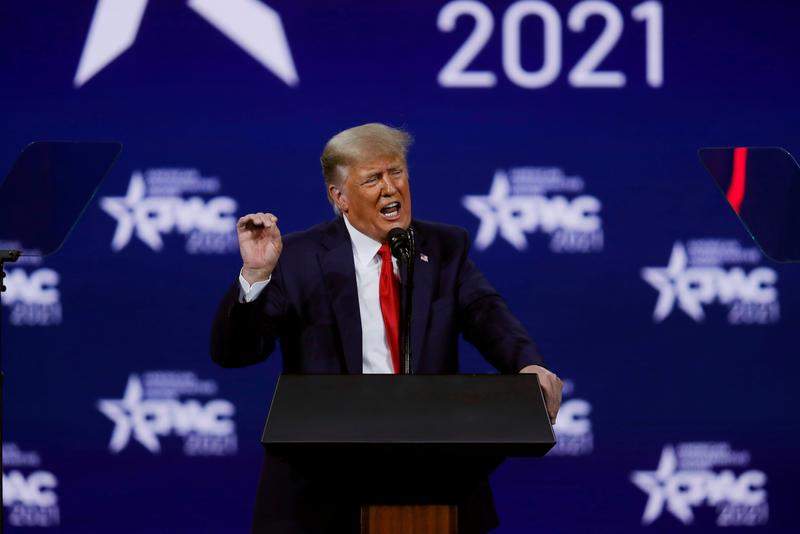Willis specifically listed racketeering and lying to public officials in detailing the possible crimes her office intended to investigate in a Feb. 10 letter to four Republican state officials, asking them to preserve records related to the case.
“That letter was really a signal to the public that she was going after a number of possibilities,” said Clark Cunningham, a Georgia State University law professor.
Georgia lawyers familiar with the state RICO law said Willis may be considering whether it would apply to alleged false statements made by Trump and his allies as they sought to influence state officials to reverse his election loss.
“It’s not a stretch to see where she’s taking this,” said Cathy Cox, the dean of Mercer University’s law school in Macon, Georgia and a former Georgia secretary of state. “If Donald Trump engaged in two or more acts that involve false statements - that were made knowingly and willfully in an attempt to falsify material fact, like the election results - then you can piece together a violation of the racketeering act.”
Racketeering, a felony in Georgia, can carry stiff penalties including up to 20 years in prison and a hefty fine. “There are not a lot of people who avoid serving prison time on a racketeering offense,” said Cox.
‘FIND’ THE VOTES
In a Jan. 2 phone call, Trump urged Georgia Secretary of State Brad Raffensperger, a fellow Republican, to “find” just enough votes to allow him to win. In the hour-long call, Trump repeated false voter-fraud claims, insisting he won Georgia by a landslide and that Democrat Joe Biden received thousands of votes from people who were out-of-state, unregistered, or dead. Trump made another phone call in late December to Georgia’s chief elections investigator, urging the official to “find the fraud.”

 www.reuters.com
www.reuters.com

 Ne ei ole siellä tajunneet lukea hesaria. Sitten kun he itse kusettavat aivan kaikessa ja jäävät siitä jatkuvasti kiinni- kaikki sensuroidaan ja mitään ei käsitellä saatikka tutkita. Totuudella on kuitenkin taipumus nousta pintaan, kuin paska uima-altaassa
Ne ei ole siellä tajunneet lukea hesaria. Sitten kun he itse kusettavat aivan kaikessa ja jäävät siitä jatkuvasti kiinni- kaikki sensuroidaan ja mitään ei käsitellä saatikka tutkita. Totuudella on kuitenkin taipumus nousta pintaan, kuin paska uima-altaassa 
